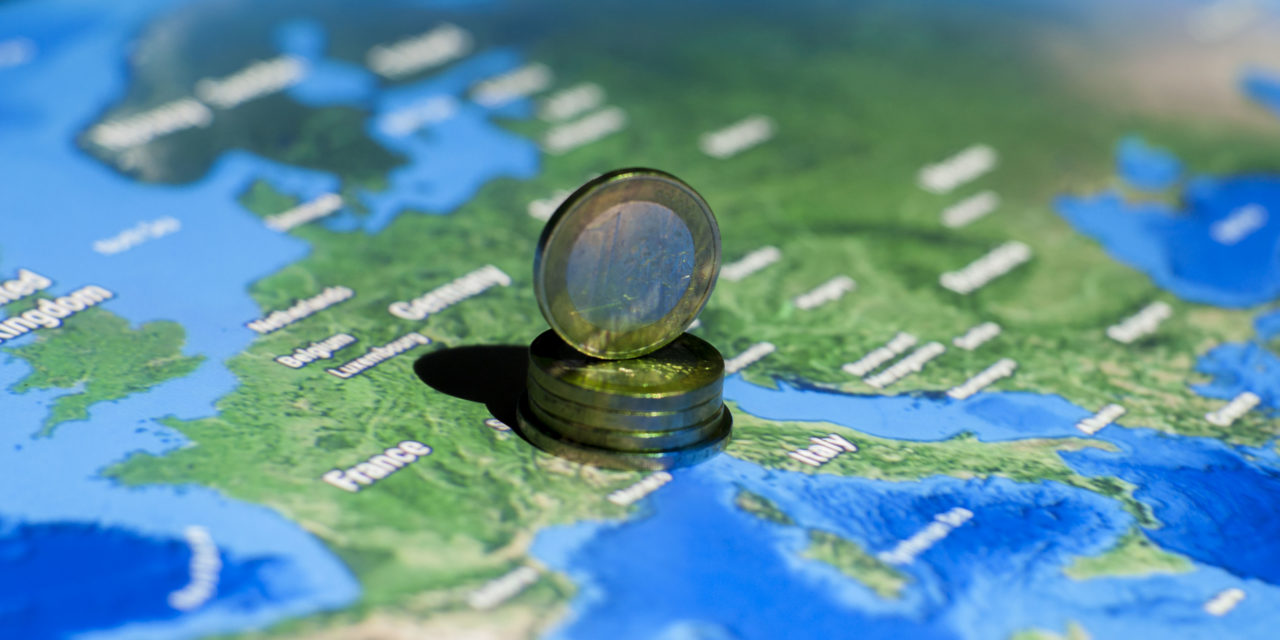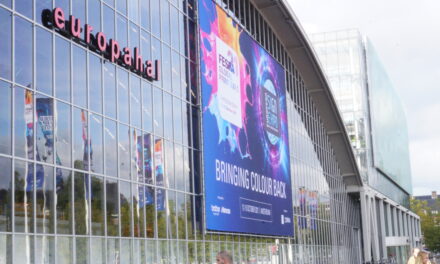We may forget that not all twenty-seven European member states are one hundred percent satisfied with the decision-makers within the European Union (EU). This friction can lead to a changing dynamic which can be positive but also lead to more sceptics and a disturbed balance. It could feel like more far-right political parties are digging their way in the member states and show more and more criticism against the way of work. After the prolonged exit of Great Britain out of the EU, several countries such as Italy and France let their thoughts speak. They are ‘waiting’ for any benefit of the Brexit to consider leaving as well. Is this Euroscepticism something we have to worry about or is it more of a trend?

Marta Lorimer
Marta Lorimer completed her PhD in researching how far-right parties in French and Italy integrated Europe in their ideology. “The story I usually tell is that it all started in the car in Sardinia. Where a friend, with some very questionable music taste, had some neo-fascism music on and a few years later I was thinking about music and thought ‘ah let’s write something about this.” It didn’t make any sense in her mind, how could a neo-fascist listen to a ‘pan Europeanist pro-Europe neo-fascism song’?
“So, it’s something beyond the European Union and how these two visions exist within them. For me, the most interesting thing about this research was that these parties don’t like the European Union now, but that was not historically the case. Something that is fairly well documented in the literature is that in 1980, even parties like the ‘France national’ were pro- European. This was also the case with another party which I studied in my thesis, the Italian ‘social movement’ which is a neo-fascist movement that very few people ever heard about, but it’s a very interesting case because it was the first successful far-right party after the World War II.
For Lorimer, there were two interesting elements, a historical evolution in terms of the position of the far-right development in Europe, and how they have this dual discourse. “Far-right parties oppose European integration but on the other hand, they will say that this is because they are true Europeans and they love Europe and they love the civilization and that the European civilization is in danger by the European Union, by Islam and by some sort of decline that is unstoppable.”
“I think right now Euroscepticism is present in pretty much all European countries. For instance, Italy was hugely pro-European until well up in the nineties, and even after the Euro crisis. But the tides have turned against European integration and now Italy is very Eurosceptic. Another example, France was pretty much the leading county for this. Since the 1990’s we’ve seen far-right parties emerge pretty much across the board and even countries that were up until now, sort of immune from this. Spain also got its own right-wing parties now. So, you can say it’s a sort of trend in Europe.” Lorimer also tells that it’s not necessarily a huge wave that is going to take over the country. And this ‘wave’ won’t get enough votes to take over Europe.
Idea’s to explain euroscepticism
There are some theories on Euroscepticism. “One is that Euroscepticism is motivated by economic concerns. Converses the idea that someone is a loser of globalization and that they don’t benefit from the process. There is also a slightly different storyline about identity, which is perhaps stronger. It says that people who have a strong feeling of national identity tend to be more sceptical about the EU because they will frequently think that their national identity and their European identity is incompatible, and they will think of participation European integration processes. Something that weakens their nation and their own place within its sense of self.” Because of these feelings, there could be more nationalism then before. In the case of Brexit, it was a little different, the UK always had a strong identity that didn’t work with the identity of European integration.
“Another theory is that a lot of voters don’t know a lot about the European Union, because it is complex so they rely on their politicians to tell them what to do with it and how to think about the EU. That sends the ideas that politicians give political ques to their electorates because they have views on the EU integration and then voters say, ‘oh well my party says this about EU integration, and I agree with them’. That story is a little bit complicated because of course there is a conversation between politics and voters so it’s very difficult to understand if it’s the politicians that are telling people what to think, or politicians responding to what the people already think.”
The future
These theories can change the European power dynamics. According to Lorimer, after the Maastricht treaty, you start seeing more contestation between member states. Rising contestation slows down the process of integration and leads to more differentiation. The problem is not only Euroscepticism, it is also going from six member states to twenty-seven. This complicates making decisions within the EU, because twenty-seven member states want the best possible outcome for their own country, making it difficult for member states to sell the outcomes to their constituents.
“I think that Euroscepticism is probably here to stay.” But will it affect us in a bad way? “Well, that depends on what your future idea of European integration is. If you think of European integration as led by a group of people who probably know what is best and come to compromises about it, then maybe having politicisation in this process can be very destructive.” It can lead to a halt in European integration.
“Euroscepticism doesn’t always mean ‘hating the EU’. It is also possible to not agree with the direction the EU is going right now but do agree with a European collaboration. So, it can work as a constructive force. There will be more Europsceptism to come into the process. The less people like it, the more countries may be leaving. Although I like to think the UK is an exception.” Marta thinks that this politicisation could be helpful, it just depends on how the EU becomes politicised. “Is it its existence in which case Euroscepticism can be very destructive or is it its direction and policy in which case Euroscepticism can be a positive force to bring politics back into the frame of European integration?”




